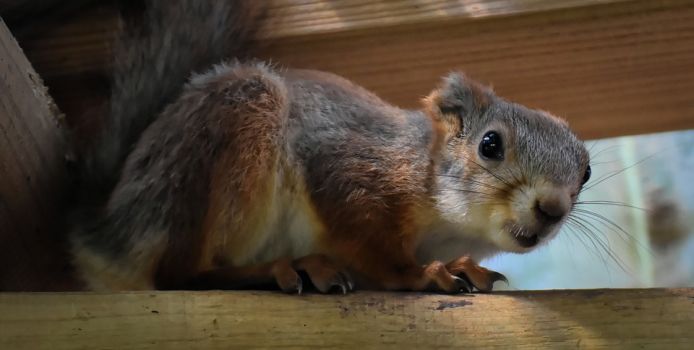Unless it is your rat or pet mouse in a cage (that may still concern family members to jump on a chair if your pet gets loose), any wild rodent in your house is a cause for great concern. Moreover shocking you with unexpected sightings, rodents can spread disease, chew up vital papers, contaminate food and damage electrical wiring. It is quite difficult for completely eradicating mice or rats that have infiltrated your house and established hidden nesting areas, so it will be best for preventing infestations before it occurs. When you find that your house is hosting rats, mice or other rodents, take adequate steps for removing these pests and block their entry points into your house.
Prevention is the most effective way of controlling a rodent population in your house. With a little bit of caulking, yard work and garage cleaning, you can easily avoid the hassle of extensive cleanup that is required. Here we will discuss some rodent proofing services that will keep the rodents far away from your house.
All Entry Points Must be Blocked
The most crucial preventive measure can be taken is inspecting the walls and foundation of your home and make sure all the potential entry points are blocked. During the fall, when the rodents want to enter is a good time to do an inspection. Through the smallest cracks mice can easily enter, so please block the foundation cracks with a masonry repair material. Inspections of joints around doorsills and windows for cracks must be done so that rodents are unable to enter. Check whether the weather seals along the bottom edges of the garage doors are in proper shape.
Never feed the birds
The ground grains and the seeds that are available in most bird-food mixtures are a lovely treat for rodents as squirrels always get attracted to bird feeders. Feeding the bird is always an admirable hobby but do not be surprised when rats and mice are drawn to the ground around the feeders. When feeding birds, you must keep the feeders far from the house.
Avoid storing pet food in cartons or bags
After buying cat and dog foods, immediately put them in sealed and airtight storage containers. Many homeowners pouring a bowl of dog food has dumped out a squeaking mouse at the same time. Dry pert foods are heaven for rodents, so keep them in tightly sealed containers above the floor.
Garbage bins must be kept sealed
Rodent proofing services warns that garbage bins kept alongside the garage or house is a welcome sign for mice, rats and even for bigger pests like cats and stray dogs unless they are sealed tightly with airproof lids. If it is possible, keep the containers far from your house.
Store dry food goods in a sealed container
Sugar, flour and other food kept in paper cartons or bags can be invaded easily by rodents. Rather keep these foods in tightly sealed metal or plastic containers in the refrigerator or on high shelves. Rodents will not enter your house if they do not smell any food.
Countertops and Floors must be Clean
Casual sweeping fails to clear food scraps or spilled crumbs from countertops or floors is an invitation for rats and services. Do not leave leftover pet food in dishes on the floor as pet foods also have the label “mouse food” printed on cartons and bags. Homes having pet birds are vulnerable to harboring mice who love to eat seeds scattered on the floors beneath bird cages.
The doors should be kept closed
If your garage doors are left wide open, the mice and rats danced with joy especially during the fall as they are finding for a warm place as winter approaches. Make a habit of closing the garage door immediately after exiting or entering with your car and also the side entry doors of the garage must remain closed. Keep the basement windows and sliding patio doors closed or at least they should be protected with screens so that rodents cannot enter. Never leave your garage door or entry points open during the night as during dark hours the rodents become active.
